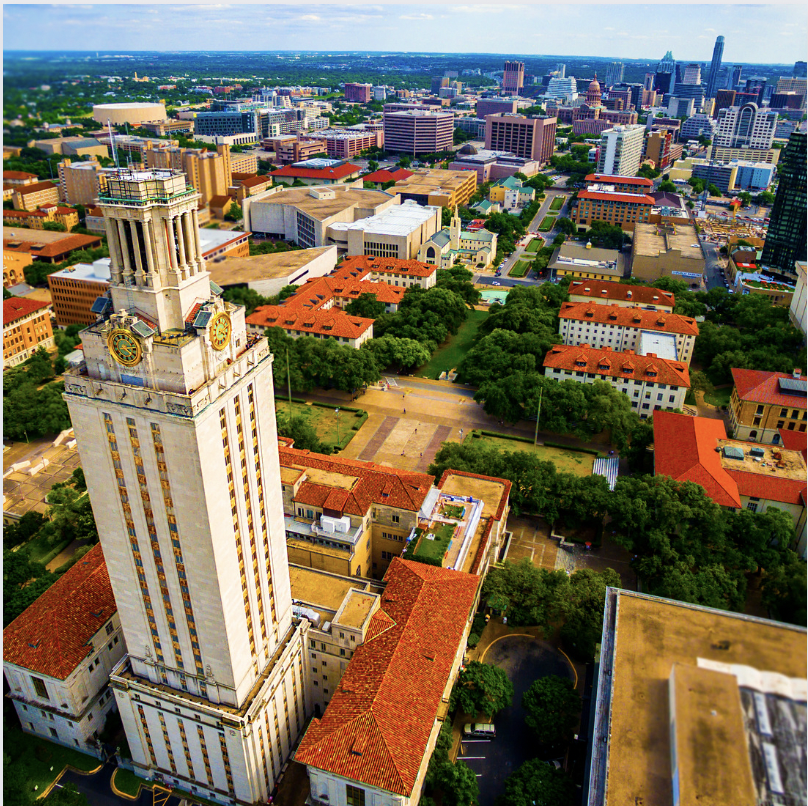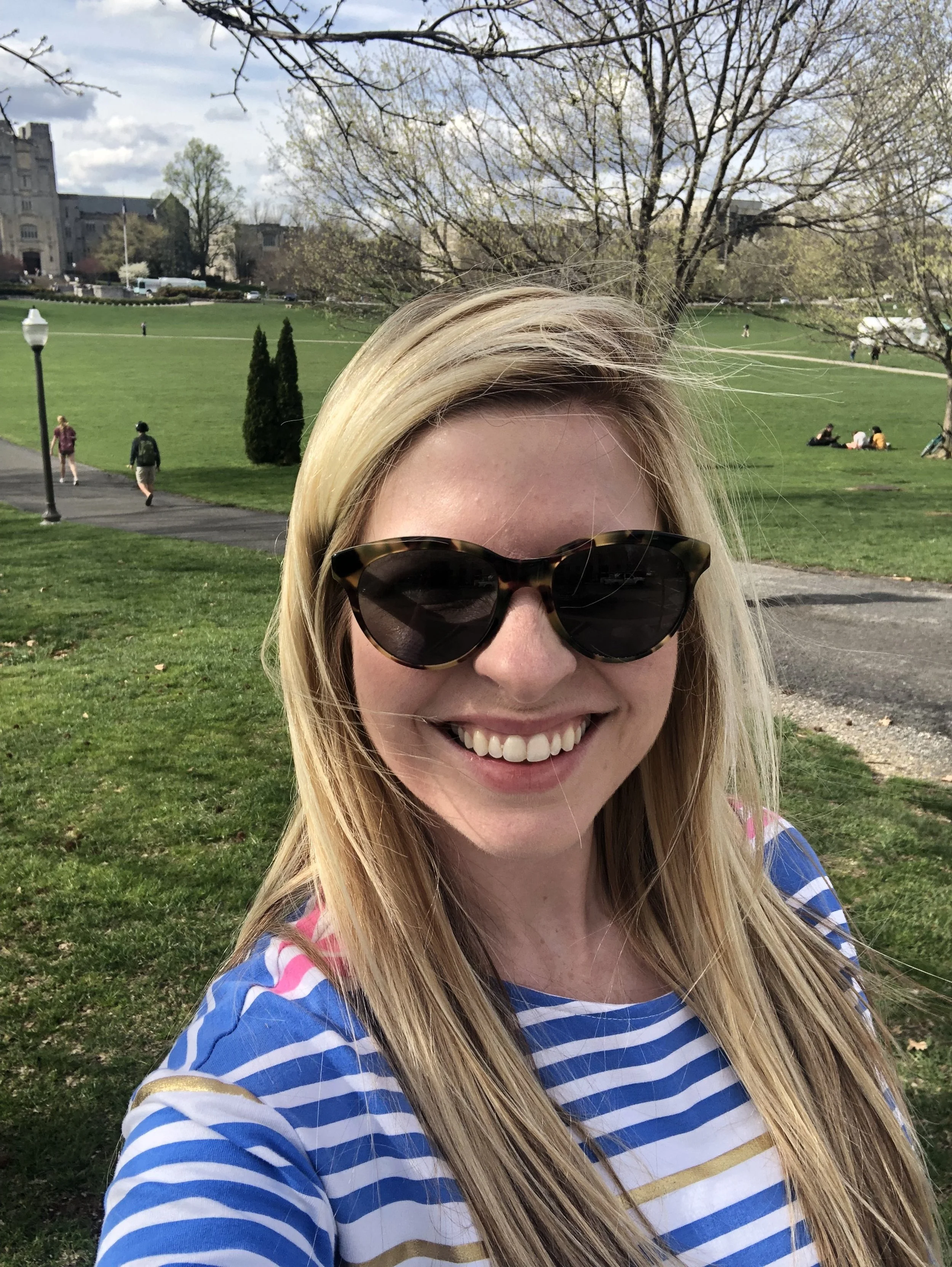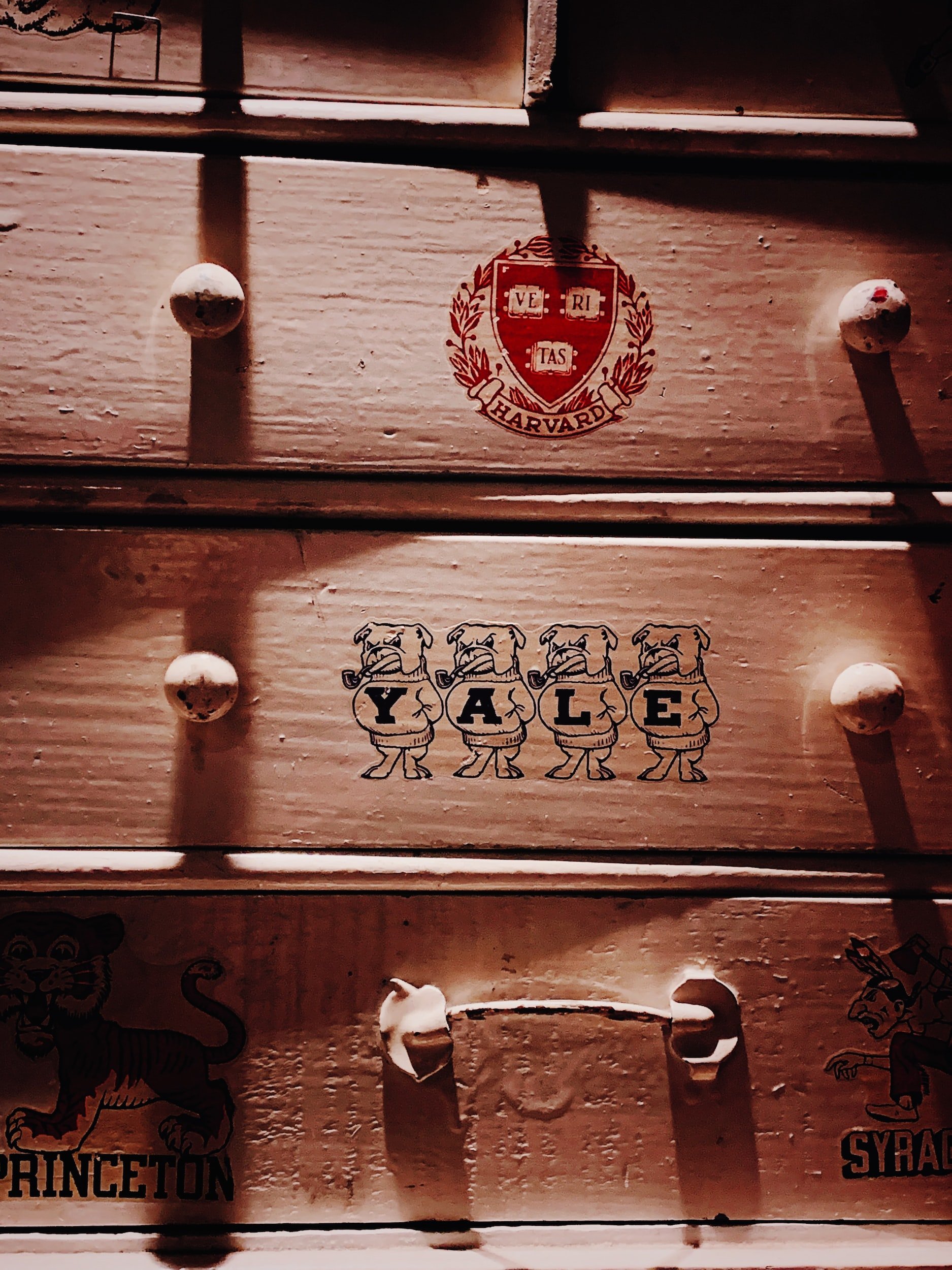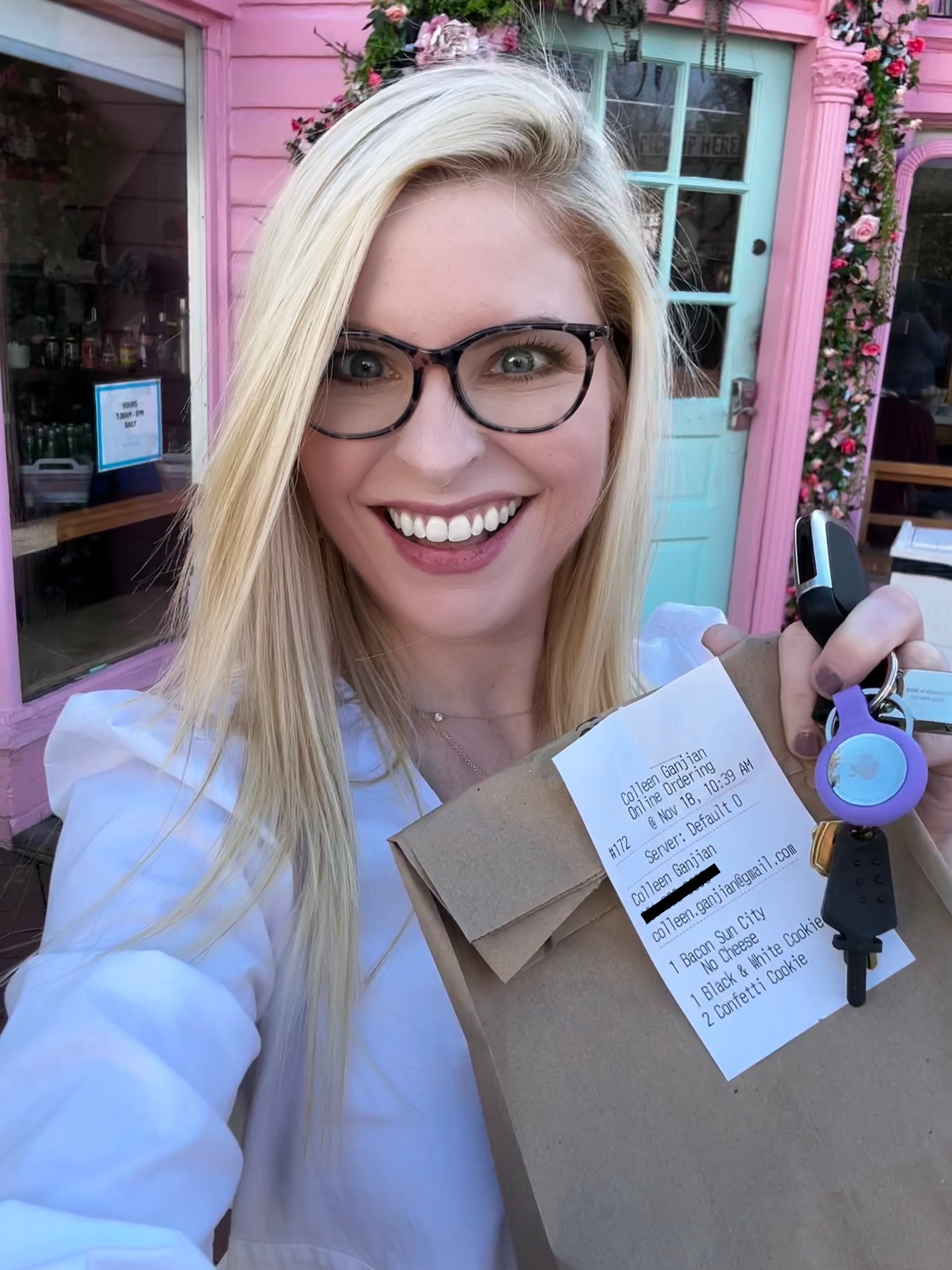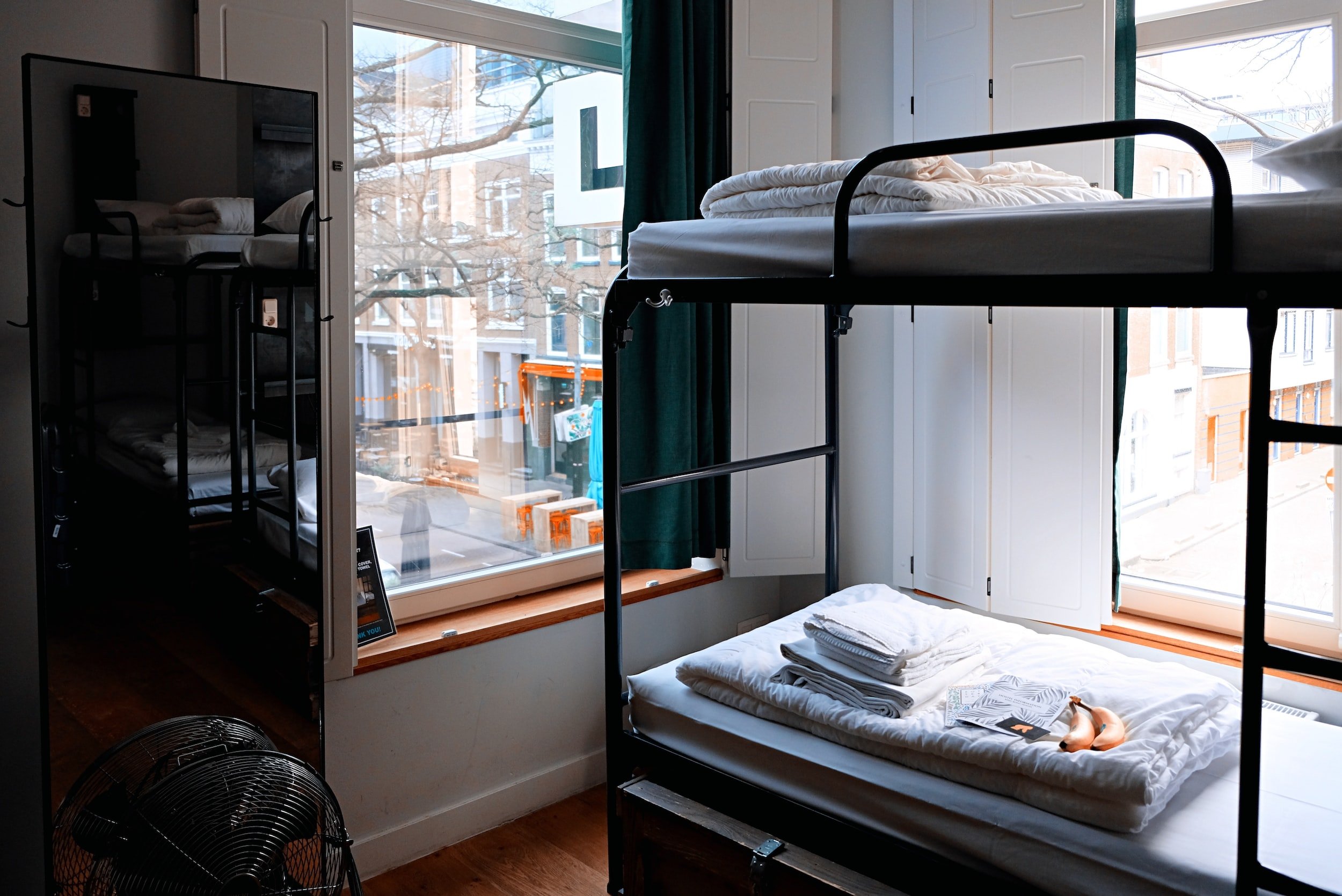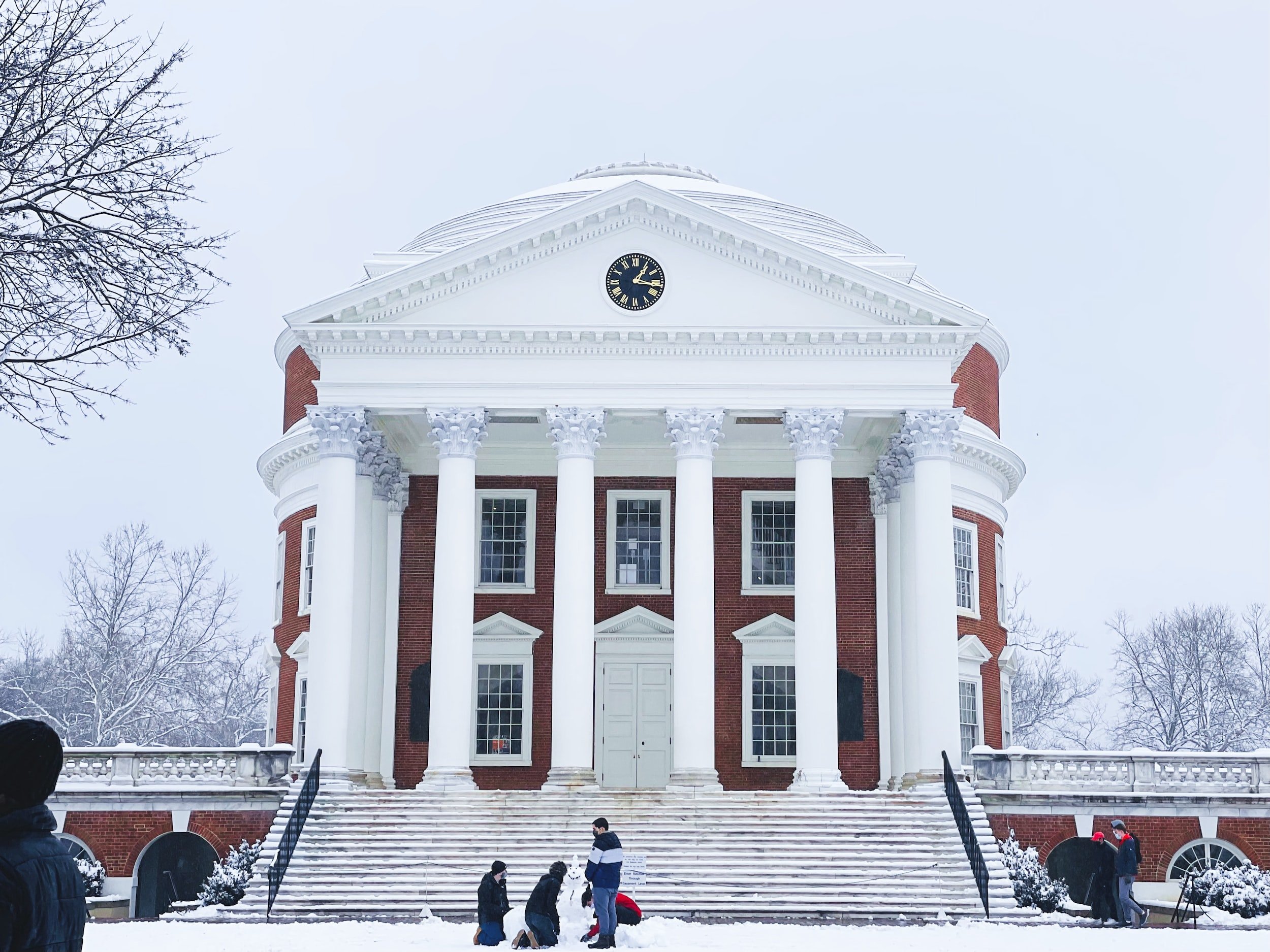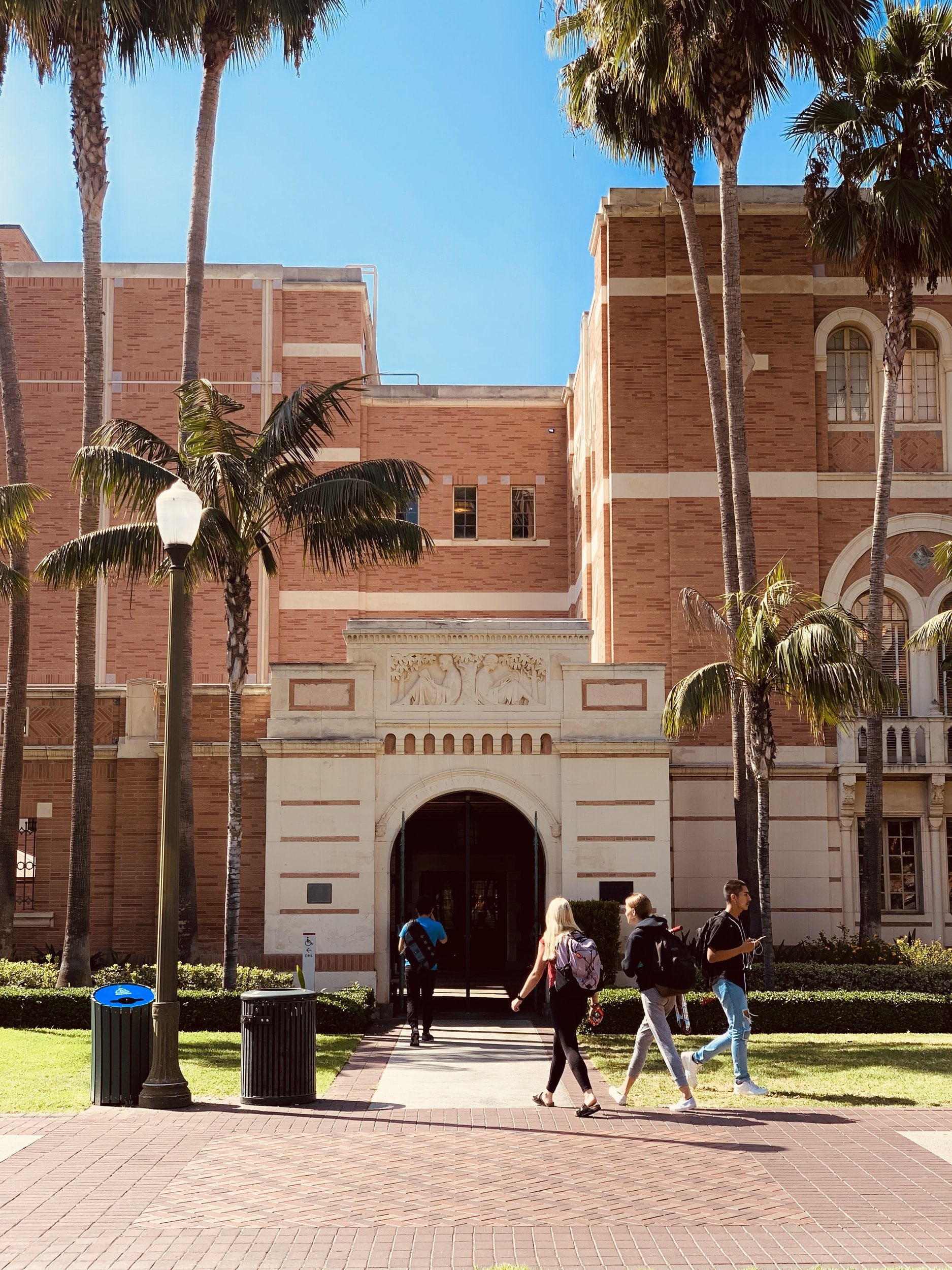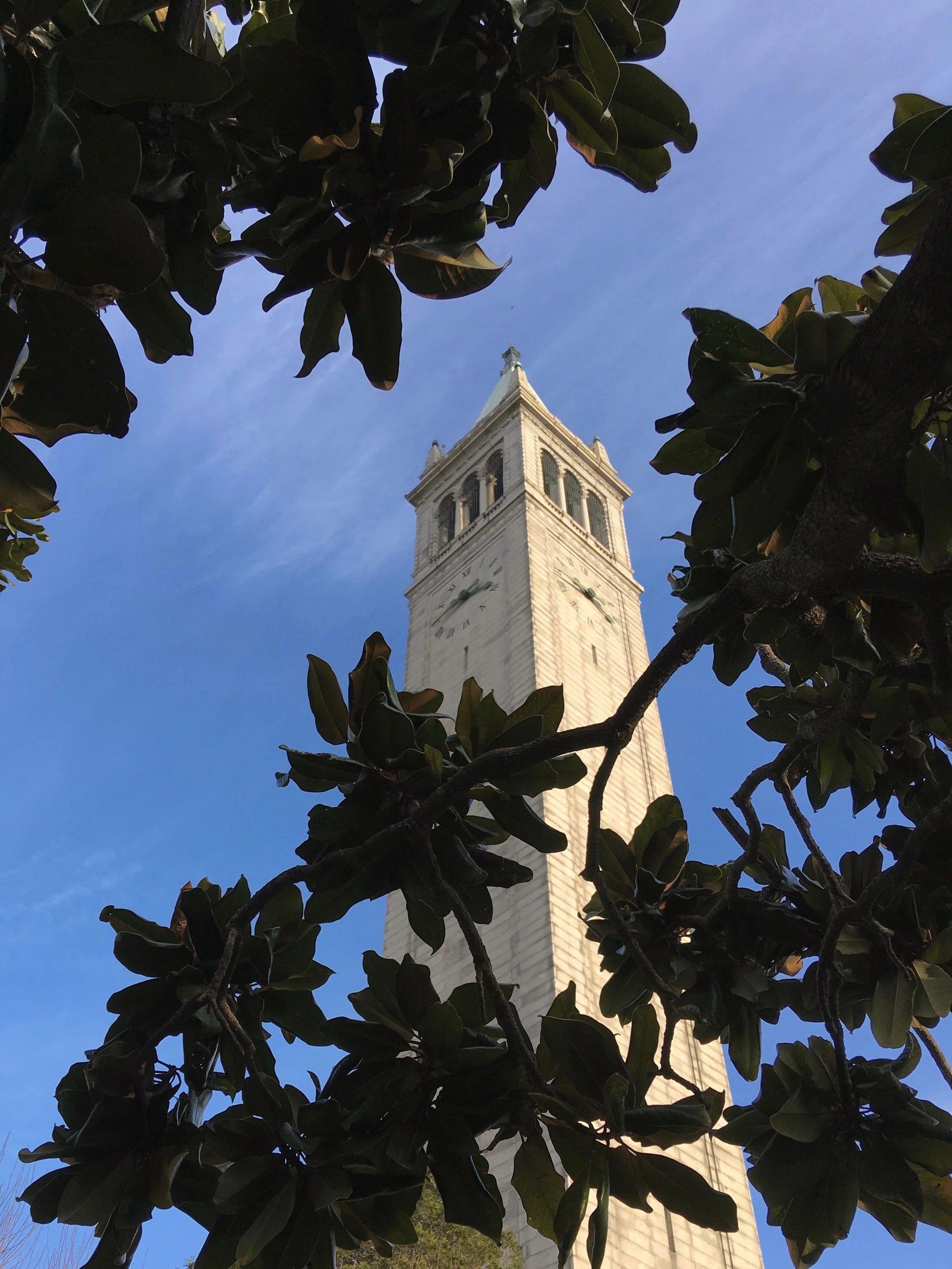Happy (belated) St. Patrick’s Day! For those of you in the DC area, I hope you get a chance to enjoy the cherry blossoms at the Tidal Basin this week – they’re finally here!
BIGGEST COLLEGE-RELATED NEWS OF THE WEEK
SURVEY FINDS COLLEGE STUDENTS PREFER CAMPUS GUN POLICIES
A new Gallup survey showed that 81% of current and prospective college students consider campus gun policies to be “at least somewhat important” in their decision to enroll, and 34% say they are “extremely important.” Notably, the results are similar across various demographics, regardless of age, gender, race/ethnicity and political party affiliation. The largest gap among subgroups is a nine-percentage-point difference between Democrats and Republicans. Despite that difference, however, the study still reflects a majority favoring campus gun policies, with 77 percent of Republican students considering gun policies to be important in their enrollment decisions, and 26 percent saying they are extremely important. In light of recent acts of gun violence on college campuses in North Carolina and Michigan, these results do not surprise me!
NAACP LETTER ASKS BLACK STUDENT-ATHLETES TO RECONSIDER ATTENDING FLORIDA COLLEGES
NAACP President and CEO Derrick Johnson sent a letter to the National Collegiate Athletic Association last week, asking Black student-athletes to reconsider their decisions to attend public colleges and universities in Florida. As I mentioned in my weekly update earlier this month, the University of Florida just closed down its diversity, equity and inclusion programs in order to comply with Gov. Ron DeSantis’ law prohibiting the use of state funding for DEI programs. Other public institutions in Florida, including Florida State University, have also followed suit.
FONTBONNE UNIVERSITY CLOSES, WASH U TO PURCHASE ITS CAMPUS
Fontbonne University in Clayton, Missouri, will be closing its doors next summer after struggling with declining enrollment and a shrinking endowment. Originally founded as a women’s college in 1923, the school has a history of being one of the country’s most diverse Catholic institutions of higher education; as of 2021, more than a quarter of its undergraduates are African-American. After its Summer 2025 term, the property will be acquired by Washington University in St. Louis. Interestingly, the Fontbonne campus is located on the other side of Wash U’s “South 40,” where the residence halls are located. As such, it is located closer to most of the students’ residence halls than the current Wash U academic buildings. Although it is sad to see Fontbonne close, this will be a great expansion opportunity for Wash U!
MARCH MADNESS BEGINS
Selection Sunday is behind us and the NCAA tournament games kick off this evening with Wagner vs. Howard and Colorado State vs. Virginia. The First Four will finish up tomorrow with Grambling vs. Montana State and Colorado vs. Boise State… and then things will really kick into high gear on Thursday! We’ve written before about the impact of “Cinderella runs" on the admissions process, and it will be interesting to see what this year holds!
BEST ARTICLES OF THE WEEK
It’s been a challenging year in the college admissions world, to say the least, but we are making our way through it! I just read a Wall Street Journal article that summed it up this way: “This might be the most chaotic, frustrating, uncertain college-admissions cycle in recent history.”
The WSJ highlighted three major factors that created this “perfect storm”: First, the Supreme Court ruling on affirmative action, which restricts how schools can consider an applicant’s race. As a result of this ruling, college applications cannot directly ask about race, but they can provide an opportunity in the essays for this information to be included. This has left many students uncertain whether disclosing their race and ethnicity would be beneficial or not to their application. On top of that, they have to figure out how to weave this information into their essays.
(Here at DCCC, we work with every single one of our students to write content on how their own unique and diverse backgrounds have impacted the person they are today. We then try to incorporate that particular content to fit college-specific supplemental essay prompts whenever possible, because colleges are looking for a class with diverse experiences and backgrounds. Sometimes these cover topics like race, ethnicity, and religion — but many times they don’t. Our students’ past essays on this topic have discussed the impacts of experiences as varied as frequent childhood relocations, to growing up with food allergies, to parental addiction and mental illness — and so many more. Everyone has something that has shaped their background in a unique way, even if it’s not immediately obvious.)
The second factor: test score confusion. We’ve heard it all – test-blind, test-optional, test-recommended, test-flexible and test-required. Understanding these new terms has added a layer of complication to the college application process, especially when students apply to colleges that require tests for certain majors or programs but don’t require them for others. Another consequence of schools not requiring test scores is that some students believe they don’t have to put any effort into prepping for them, only to realize too late that certain scholarships are tied to strong scores - or even worse, learning of last-minute policy changes at institutions that have begun to require them again. So: study for the SAT and ACT, kids!
And lastly, the most impactful factor in upending this year’s college admissions cycle is the delayed Free Application for Federal Student Aid (FAFSA) process. Usually by this time of year, students are sorting through and comparing their financial aid offers. This year, however, due to a delayed release of the new FAFSA online application and an avalanche of technological glitches, the federal government is extremely delayed in sending colleges information about applicants’ family finances and how much federal aid they qualify for. This financial information is critical for colleges in calculating need-based aid and creating financial aid offers.
Absent these offers, students are facing the possibility of blindly deciding on colleges to meet enrollment deadlines without knowing the tuition costs in advance. Or, even worse, they may not be able to enroll at all, since many students cannot seriously consider college without financial aid. This could lead to enrollment decline, which, as we have seen, can impact the very existence of certain less-selective colleges. It is ironic that the very system that was designed to help lower-income students has been their biggest bar to college enrollment.
How did we get here? I came across a recent New York Times article that had a good breakdown of how this happened. In 2020, Congress ordered the Education Department to streamline the FAFSA process to make it easier and more accessible. The notoriously long and complex form was whittled down from over 100 questions to fewer than 40. Unfortunately, though, it was not released until the end of December, almost three months later than the regular October timeframe. In addition to technical malfunctions that locked students out of their applications, the new FAFSA required social security numbers for both students and their parents. Students with mixed-status families have been disproportionately affected, as FAFSA delays may cause them to miss scholarship and aid deadlines.
Two weeks ago, when the Education Department came up with a resolution to the social security issue, they discovered 70,000 emails from student applicants sitting in an inbox, unread and unanswered. The Department is now faced with processing a landslide of applications and handling 70,000 emails…and counting. Yikes.
Despite these setbacks on the national level, our DCCC students have been able to navigate this year’s application process with success! We have been hearing good news from so many colleges, and we’ve managed to stay on track thanks to the tireless work of our dedicated counselors, students and families. We can’t wait for more good news to pour in. Way to go, everyone!
On a completely different note, I want to share an excellent article from the New York Times discussing the purpose of universities, and it had me nodding my head in agreement. According to the article, an “understanding,” or something like an unspoken contract, has always existed between American universities, the government, and the people. Universities provide education with the help of government funding and tax breaks, and faculty are given academic freedom when it comes to what and how they teach and research; they are – or should be – insulated from external pressures of politics and industry. In return, universities cultivate a pluralistic democracy and produce an educated citizenry, allowing for economic mobility and a capitalist economy.
Stanford international studies professor Anna Gryzmala-Busse stated that “if universities are not fulfilling these missions, and are seen as prioritizing other missions, that political bargain becomes fragile.” The article points out the dangers when universities stray from their essential duty by pushing a political agenda, consequently stifling intellectual discourse and freedom of thought among its faculty and students. A social justice mentality is counter-productive to the university’s work of fostering open dialogue with multiple perspectives. Universities are increasingly forced to quickly make official statements on polarizing, political issues; issues that scholars spend years studying and continually discussing. Political interference in a university destroys its academic freedom.
The last paragraph stuck with me: “When universities become overly political, and tilt too far toward one end of the spectrum, they’re denying students and faculty the kind of open-ended inquiry and knowledge-seeking that has long been the basis of American higher education’s success.” Well, there’s food for thought!
OFFICE HAPPENINGS
I’m excited to share an article from Northern Virginia Magazine, in which I provide advice on making your final college decision! Decision day is just around the corner for many of you, and all of us at DCCC want to make sure you are as prepared as possible.
Scholarships, location, campus culture, post-graduation jobs – there are so many important factors weighed in the balance as you narrow down those college acceptances and decide which college is the right fit for you. So, mark May 1 on your calendar (unless your colleges delayed their deadlines due to the aforementioned FAFSA problems!) and check out the article!
Anybody else go to the ACC tournament in DC last week/weekend? The Virginia games, both of which went into overtime, were insane! Especially Friday, wow. For those of you who didn’t catch it, they had a five-point lead in the last fifty seconds of regulation, and a three-point lead in the last five seconds. Despite ESPN indicating that their chances of winning at that point were over 98%, it was not to be: a very unfortunate series of events ended up resulting in a loss to NC State.
Fingers crossed for a win against Colorado State tonight!
























